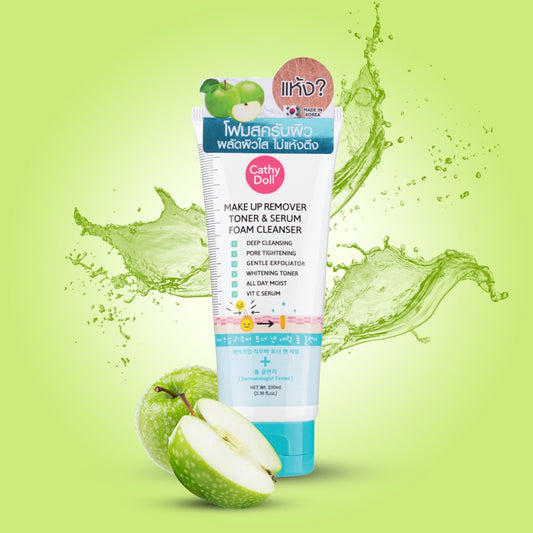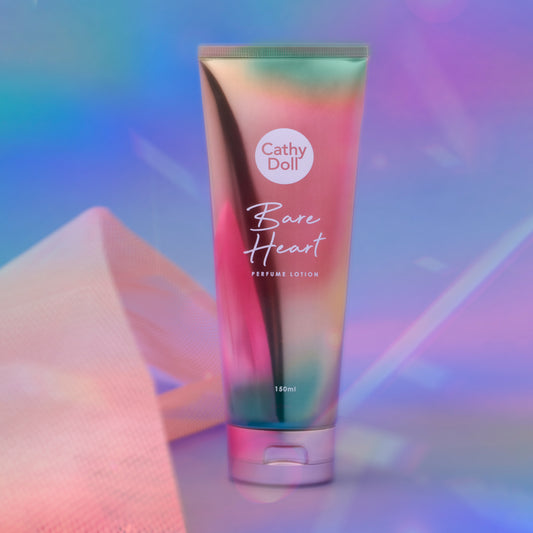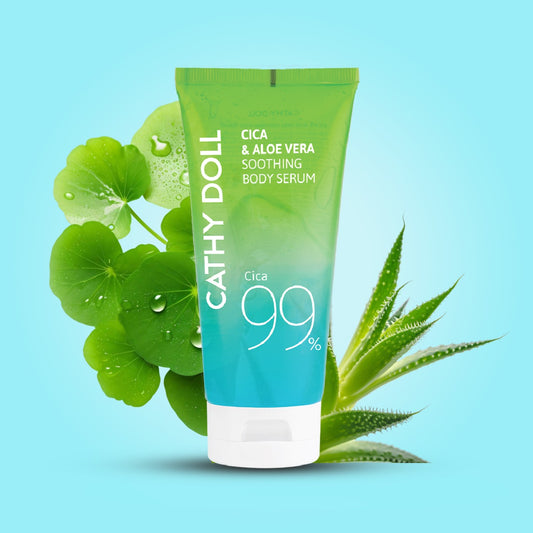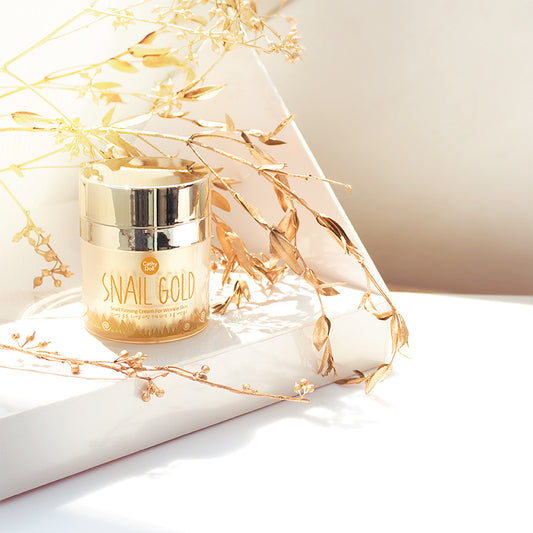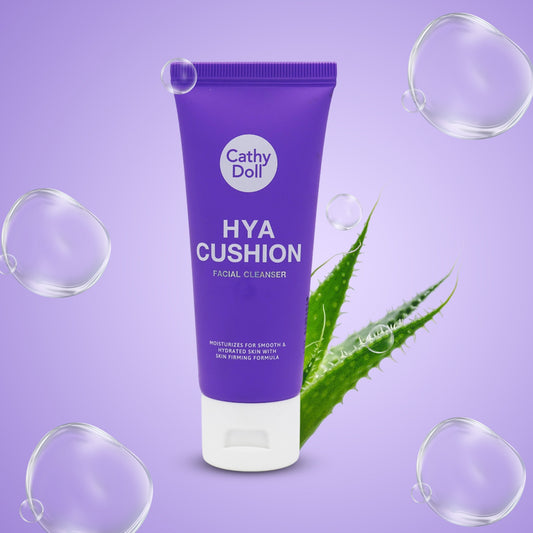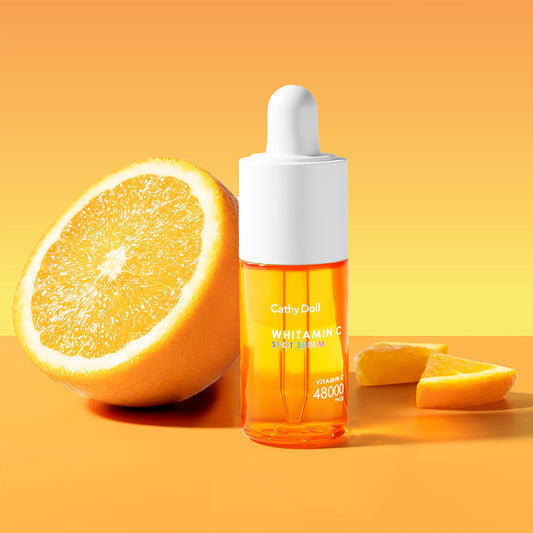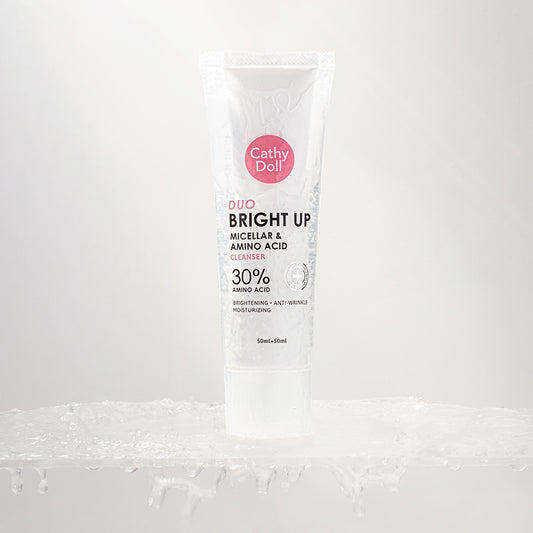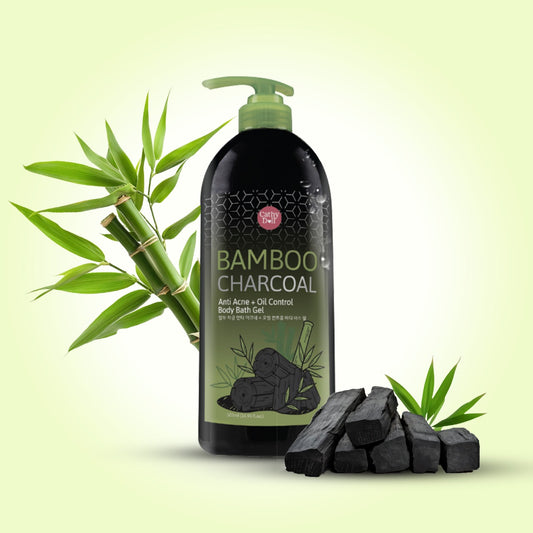We’ve all been there the pimple finally disappears, but an unwanted dark spot decides to stay behind. These stubborn marks, known as post-inflammatory hyperpigmentation, can make skin look uneven and dull. At Cathy Doll, we believe skincare should not only treat the problem but also nurture your skin back to its natural glow. Here’s how you can reduce pimple marks effectively and achieve a more radiant complexion.
1. Use Gentle Brightening Ingredients
-
Vitamin C: A powerful antioxidant that reduces melanin production and restores brightness.
-
Niacinamide (Vitamin B3): Helps fade discoloration while calming redness and strengthening the skin barrier.
-
Azelaic Acid: Perfect for sensitive skin, it lightens dark spots and reduces acne-related inflammation.
-
AHAs (like Glycolic or Lactic Acid): Exfoliate dead skin cells and speed up the fading of surface pigmentation.
-
BHAs (like Salicylic Acid): Penetrate pores, prevent future breakouts, and reduce post-acne spots.
2. Consider Professional Solutions (If Needed)
-
Chemical Peels: Remove the upper skin layers to reveal fresher, clearer skin.
-
Laser Therapy or Microneedling: Target deeper pigmentation and boost collagen production for smoother, even-toned skin.
3. Natural Skin-Loving Extracts
-
Aloe Vera: Rich in aloesin, it naturally helps reduce pigmentation.
-
Licorice Root: Calms irritation and lightens discoloration gently.
-
Green Tea: Protects against sun damage and soothes inflamed skin.
-
Turmeric: A natural brightener with strong anti-inflammatory properties.
(Avoid harsh DIY remedies like lemon juice, which can irritate and worsen pigmentation.)
4. Daily Skincare Routine for Clearer Skin
Morning Routine:
-
Cleanse with a gentle, non-drying face wash.
-
Apply a brightening serum with Vitamin C or Niacinamide.
-
Lock in hydration with a lightweight moisturizer.
-
Always finish with broad-spectrum SPF 30+ sunscreen.
Night Routine:
-
Cleanse away dirt and oil.
-
Apply retinoids or exfoliating acids (if your skin tolerates them).
-
Use a nourishing night cream to repair and renew overnight.
Weekly Care:
-
Exfoliate 1–2 times a week with mild AHAs or BHAs for smoother skin and faster cell renewal.
5. Lifestyle Habits That Help
-
Avoid picking pimples—it worsens scarring and pigmentation.
-
Protect from the sun daily—UV rays make dark spots more stubborn.
-
Eat skin-friendly foods—rich in antioxidants, vitamins, and hydration.
-
Prioritize rest and stress management—your skin heals better when your body is balanced.
6. Patience is Key
Fading dark spots isn’t instant. With consistent care, you may see results in 6–12 weeks. The right blend of active ingredients, hydration, and sun protection will gradually reveal clearer, healthier-looking skin.
Quick Guide: What Works Best
| Method | Benefits | Considerations |
|---|---|---|
| Topical Ingredients | Gentle, effective, affordable | Needs consistency for visible results |
| Natural Extracts | Soothes and supports skin health | Slower results, patch test advised |
| Professional Treatments | Faster fading of stubborn marks | Requires expert care, more costly |
| Healthy Habits + SPF | Prevents new spots, boosts healing | Must be followed daily |
Conclusion
Dark spots caused by pimples can feel stubborn, but with the right skincare approach, they don’t have to be permanent. Gentle exfoliation, brightening actives like Vitamin C and Niacinamide, and consistent sun protection are your best allies. Pair these with Cathy Doll’s nourishing skincare range, and you’ll not only fade pigmentation but also strengthen your skin barrier for long-lasting radiance. Remember patience and consistency matter most. With time, your skin can heal beautifully.
FAQs About Dark Spots from Pimples
1. How long does it take to fade pimple marks?
Most dark spots begin to fade within 6–12 weeks if you follow a consistent skincare routine with brightening ingredients and sunscreen.
2. Can moisturizer help with dark spots?
Yes. A good moisturizer keeps skin hydrated, supports cell turnover, and enhances the results of spot-fading serums or treatments.
3. Do oily and acne-prone skin types need different products?
Yes. Opt for lightweight, non-comedogenic formulas that won’t clog pores but still provide hydration and spot-reducing benefits.
Say Goodbye to Breakouts: How Cathy Doll Pimple Patches Save Your Skin Overnight
How to Manage Dryness in Sensitive Skin? Gentle Tips That Actually Work
Glow, Don’t Grease: Why Gel Sunscreens Are the New Skincare Essential?
Say Goodbye to Dull Skin: 5 Easy Steps to Restore Your Natural Glow

